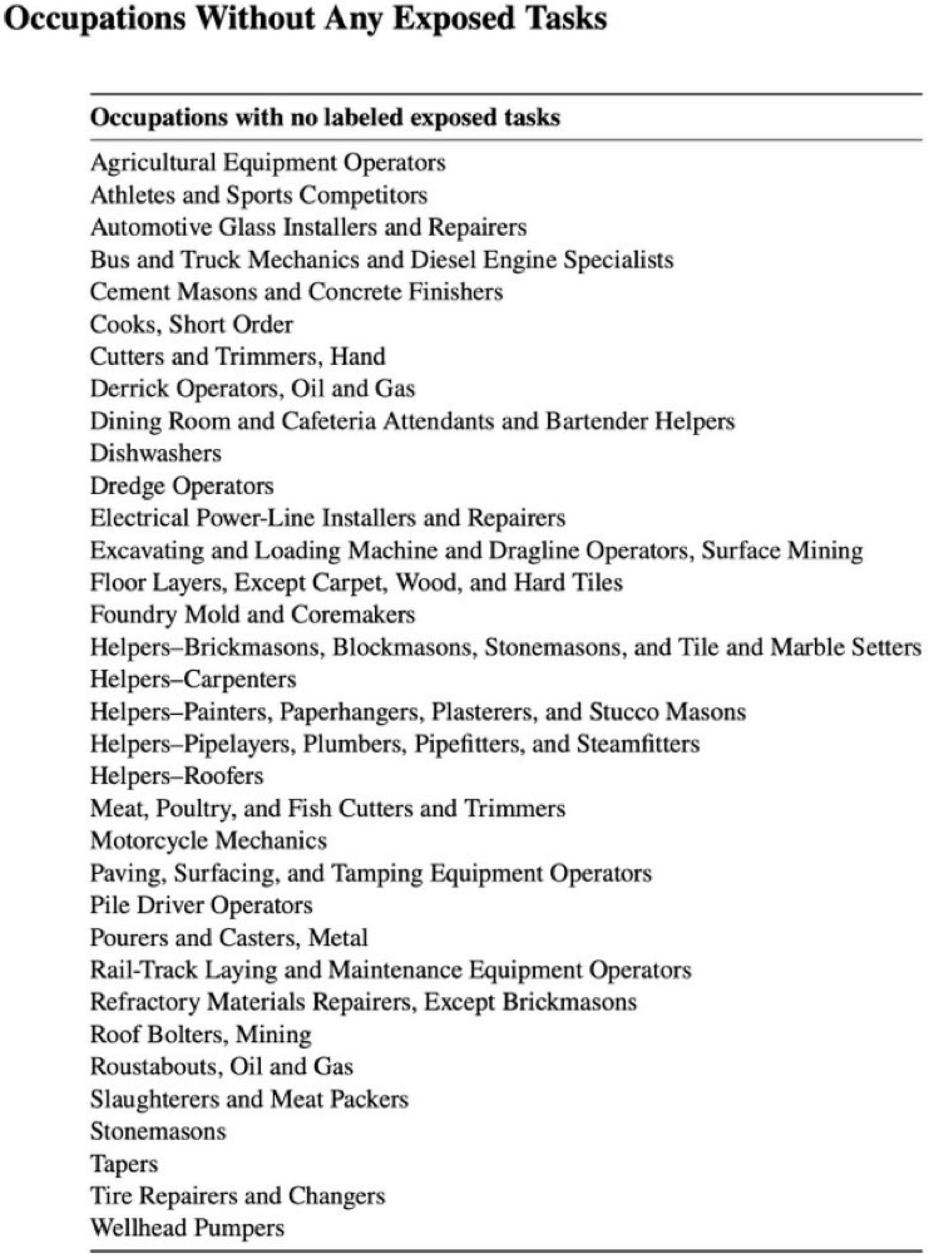When Biden announced the rescue of Silicon Valley Bank last week, he went to great lengths to underline the fact that it wasn’t a bailout, "investors in the banks will not be protected. They knowingly took a risk and when the risk didn’t pay off, investors lose their money. That’s how capitalism works." A sitting Democratic President cannot be seen to bailout the 1%. Unfortunately but not uncommonly, no one told Biden how US law works in situations like this.
The Federal Deposit Insurance Act is, in fact, going to protect some investors in Silicon Valley Bank’s holding company, SVB Financial Group. The holdco’s equity in the bank will be wiped out in the FDIC receivership, of course, but the FDIC doesn’t then get any claim on the holdco. This is a hallmark of corporate structuring, asset protection and bankruptcy law: the creditors of a subsidiary have no claim on the assets of a parent.
Even worse, we now find out that the holding company (which just filed for bankruptcy protection) was a depositor at SVB—to the tune of $2b! So, in guaranteeing ALL deposits, the FDIC guaranteed that the bankrupt entity that owned the offending entity creating the systemic risk that qualified it for a special purpose rescue will receive its cash deposits too. The FDIC Act would normally subordinate the claims of any insiders (bank officers or executives and corporate affiliates like parent companies) so that they get paid only when everyone else had been paid, but by guaranteeing all deposits, it also guaranteed the deposits of the holdco and other insiders.
And no one seemed to know it would happen. That’s the problem with rushing these things through on a weekend, I guess.
“You can shear a sheep many times but skin him only once.”
— Amarillo Slim
This weekend I was presented with an opportunity to invest in an AI company with close ties to Salesforce and Google. In doing my due diligence, I ran across several pieces that mentioned how closely Microsoft and Bing were to OpenAI. In doing my research, I wanted to see what Microsoft’s plans were for AI in its own business and they are working on it hardcore!
One interesting tidbit was a patent the company just filed for a “self-learning digital assistant.” Essentially, bringing a much more pronounced focus on automation and machine learning intelligence to Siri, Cortona or whatever the latest one is called. Right now the problem is that the AI stops when it doesn’t know how to do something but it doesn’t pay attention to you when you do it out of frustration.
“Often these computing devices (or their digital assistant applications) are unresponsive to the user's commands because they do not know how to carry out a task associated with the command,” Microsoft said in its filing. “In such instances, these smart devices do not seem smart at all, and leave users feeling frustrated.”
Specifically, Microsoft is working on bridging the gap between having AI be a parlor trick for shortcuts (“Hey Cortona, play a song.”) to being a functional, learning assistant (“Hey Cortona, get the house ready for date night.”) where it has learned to produce the result you want by watching you produce it previously.
Microsoft sees how powerfully AI will transform the tools we currently buy from them and will begin adding it to Word, Outlook, Powerpoint, and Excel. (“Hey Cortona, make a 7 page powerpoint on the history of beef jerky, and email it to James 15 minutes before his coffee break.”).
The endgame is to so embed AI in our daily functional workflow that we don’t really notice it until we can’t find it. Sound farfetched? Bet you used spellcheck 12x this morning. The most successful version of AI will work just like that, giving you suggestions and sometimes just fixing this. You work like normal, and it fills in the gaps.
The winner is the company that acquires the most task-centric data so that learning models can study how people actually work. Pretty sure Microsoft has a lock on that.
“To love is to be happy with.”
—Huna
In case you are worried that AI is coming for your job, there’s some good news on the horizon … sort of. OpenAI did an analysis of the most common tasks performed in every work role tracked by the DOL. In an effort to be helpful, they published a list of jobs that were not vulnerable to AI in the future.
As you choose your next career path as a bartender’s helper or roustabout, please remember to send a few bitcoin to me since I’m apparently toast!
“Despair = Suffering - Meaning”
—Chip Conley
Robert Louis Stevenson once said, "Wine is bottled poetry,” and that sentiment highlights the artistry and beauty of wine, and how it can be seen as a form of expression that captures the essence of life. Like poetry, wine has the power to evoke emotions, transport us to new places, and create lasting memories. It reminds us to appreciate the finer things in life, savor each moment, and seek out beauty and meaning wherever we can find it.
In 1985, a group of divers discovered a shipwreck off the coast of the Åland Islands, a Swedish-speaking region of Finland. Found among the cargo was a consignment of champagne and wine bottles, believed to be from the early 19th century. The divers were smart enough to treat the wine with care, not surfacing it too fast, and succeeded in keeping everything in tact.
The bottles were carefully removed from the shipwreck and taken to a wine cellar in France for further analysis. One bottle, in particular, caught the attention of wine experts. It was a single bottle of Veuve Clicquot champagne (Napoleon’s favorite), which was still in excellent condition despite spending nearly 170 years at the bottom of the sea.
In 2010, the bottle was sold at an auction for a record-breaking $43,630 to a wealthy collector in Asia. The bottle was then opened and tasted by a group of wine experts, who were surprised to find that the champagne still had a remarkable freshness and balance, despite its age and unusual storage conditions. Extravagant? Maybe. Others commented on how the collector should have saved the bottle and sold it at auction for a great profit later.
“What profit could be greater than seeing the expression of surprise and wonder on the faces of those I love most?” he said.
“Amen brother,” I say.





